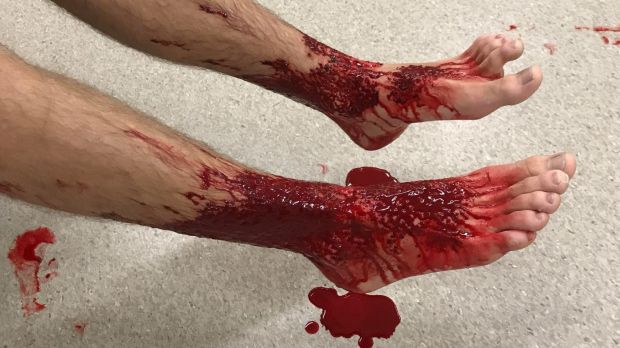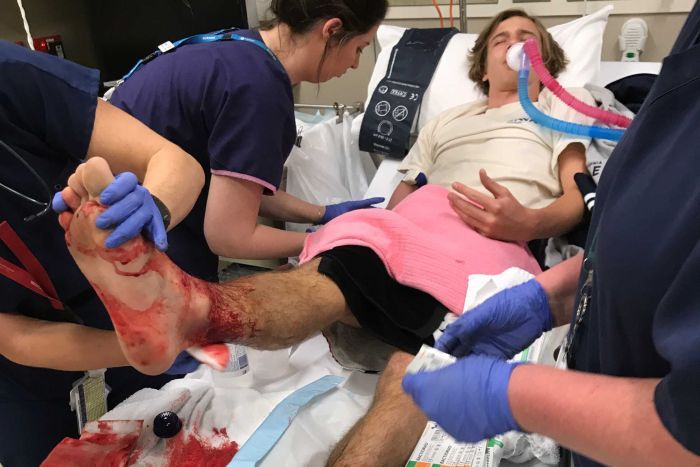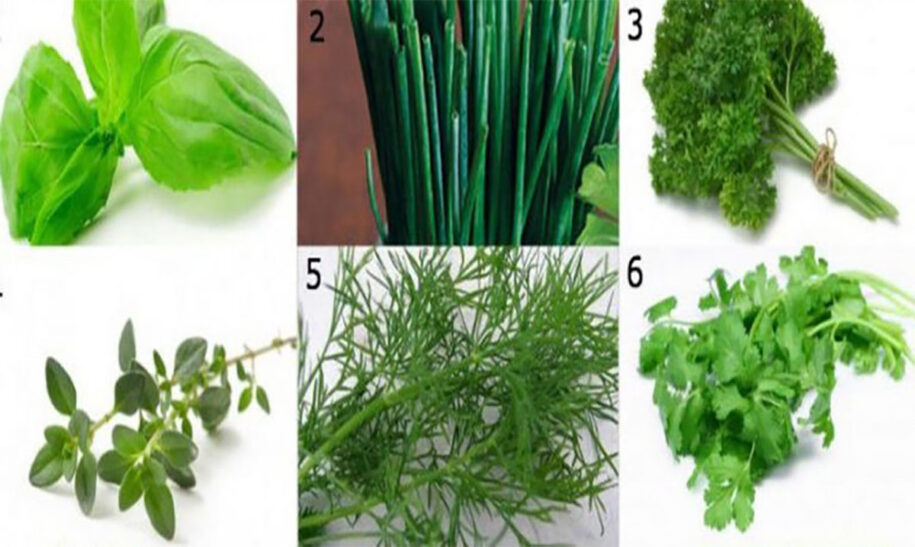
The Herbs You Need To Heal From Insomnia To Inflammation
Herbs and spices have been used for thousands of years before the Big Pharma was even heard of. Prescription medications were invented as a business method, not a healing method.
Tylenol and Excedrin will relieve you of a headache and possibly reduce your fever. However pharmaceuticals might temporarily alleviate immediate symptoms, they never improve your health in the long run. The only real way to heal yourself and increase your overall health is by using natural herbs and spices. Natural herbs have been used to combat every health issue humans suffer from, ranging from a headache to multiple sclerosis. Herbs are the healing route we all need to take, But where do we start?
There are a vast amount of natural herbs we can use to heal ourselves. There are different types of herbs that treat specific problems, symptoms, health issues, and then there are ones that just aid your body and increase your overall health. The two main types of herbs are functional and adaptogenic herbs. Adaptogenic herbs support your adrenal glands to support your regular immune system. Functional herbs are used to target a specific symptom, like a headache.
Function Herbs and Spices
Echinacea – Echinacea root has been used for hundreds of years to treat a multitude of different illnesses. It can be used to treat scarlet fever, syphilis, malaria, blood poisoning, and diphtheria. Other common uses for this herb is relieving pain, regulating hormones, reducing inflammation, and fighting viruses.
Valerian – Valerian root is a common herb that is used to treat insomnia and anxiety, due to its therapeutic effects. It works similar to common anti anxiety medications like Xanax or Valium. These drugs work by increasing the amount of GABA in your brain, as does valerian root.
Turmeric – Turmeric is an extremely popular spice, especially in Eastern civilizations. Its main compound, known as curcumin, has extensive medicinal properties. It has been found to fight symptoms of depression, IBS, Osteoarthritis, and it can even kill cancer cells.
Ginkgo Biloba – Ginkgo Biloba is a trending natural remedy because research shows it can improve cognition and blood circulation. Improved blood circulation is great for your body alone, and might even take care of issues you didn’t even know were related.
Milk Thistle – Milk thistle is used to treat liver issues, lowered kidney function, and protect the liver from toxins. It has high antioxidant and anti-inflammatory properties that can treat major diseases more effectively than pharmaceuticals.
Adaptogenic Herbs and Spices
Ashwagandha – The root of Ashwagandha is also known as Indian Ginseng. It can be used to treat arthritis, tumors, asthma, leucoderma, bronchitis, backache, fibromyalgia, menstrual problems, and chronic liver disease.
Siberian Ginseng – Siberian Ginseng contains different active compounds that American and Asian ginseng lack. It can be used to prevent colds and flu, increase energy, longevity, stamina, and vitality.
Holy Basil – Holy basil doesn’t just get its fancy name from anywhere; it’s historic for the amazing effects it has on the body. Research shows that taking 500 mg of Holy Basil leaf extract twice daily after meals for 60 days reduced anxiety and associated stress and depression in people with anxiety.
Macca – Macca is a popular herb that can give you a sufficient boost in energy. It has been found to fight anemia, chronic fatigue syndrome, improved stamina, and enhances athletic problems.


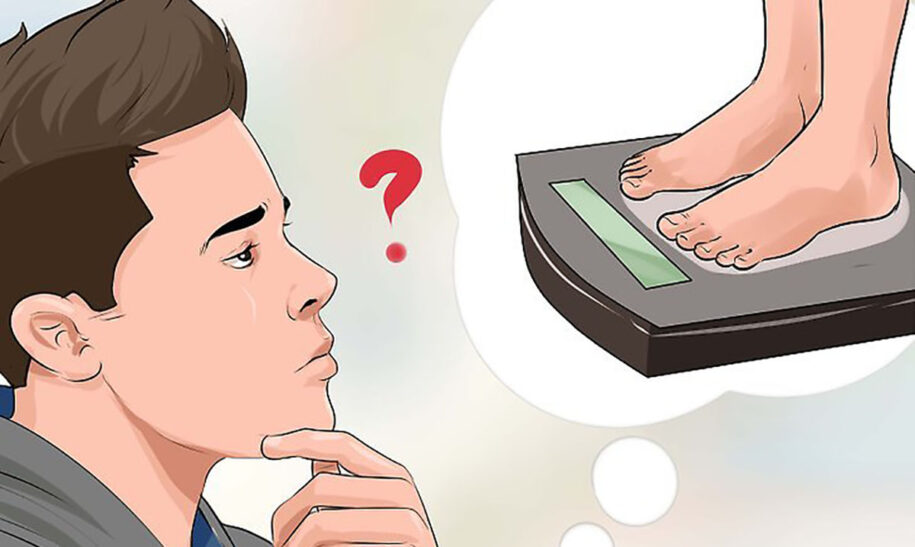

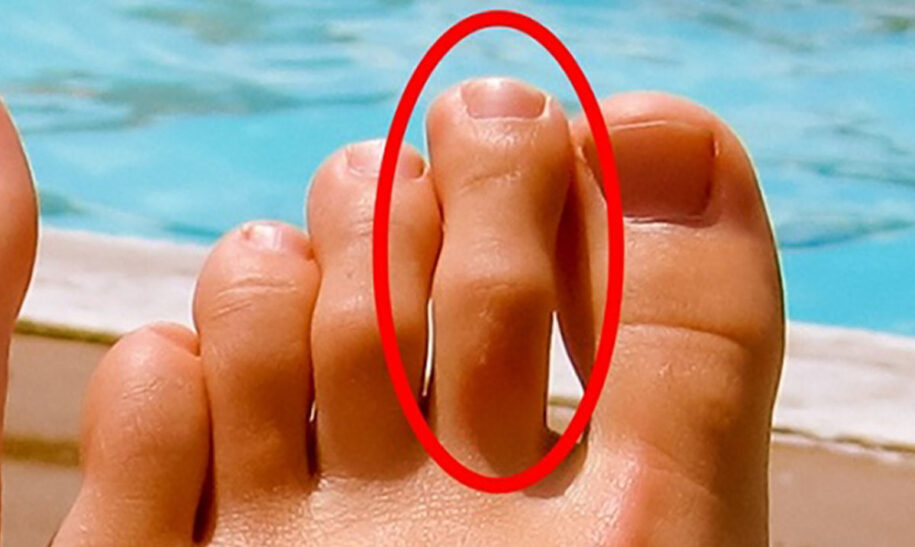
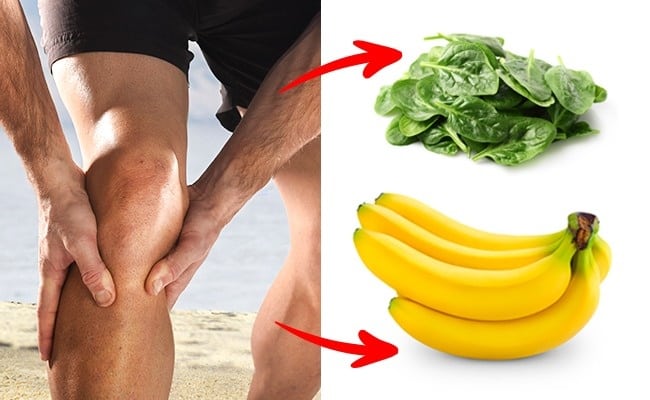
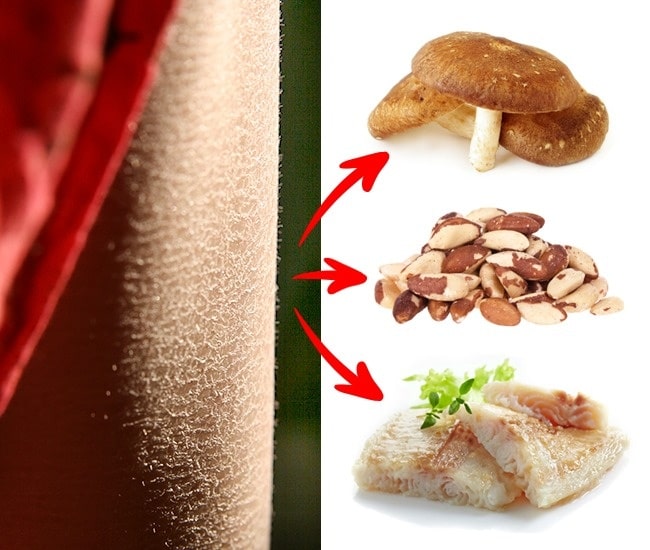
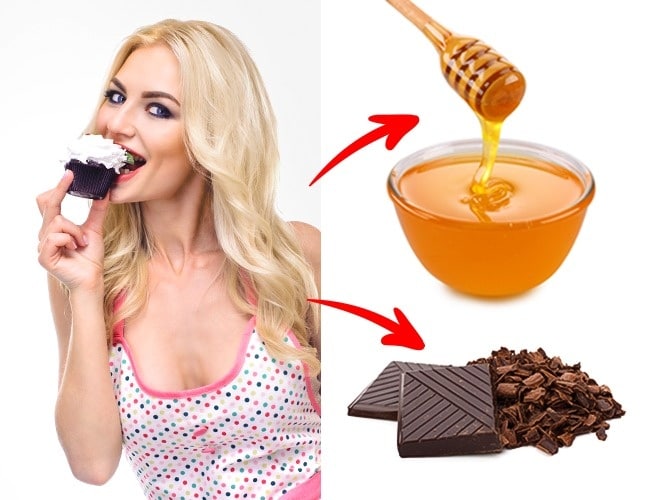
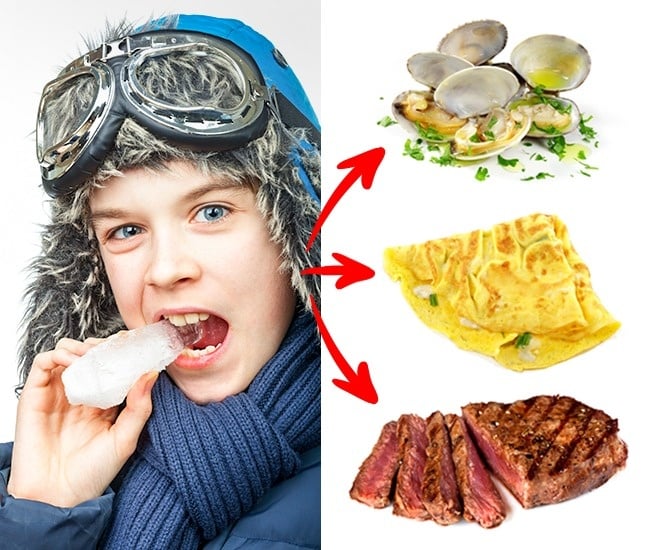
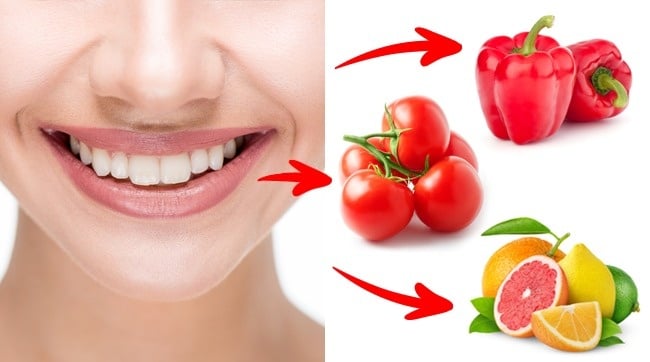
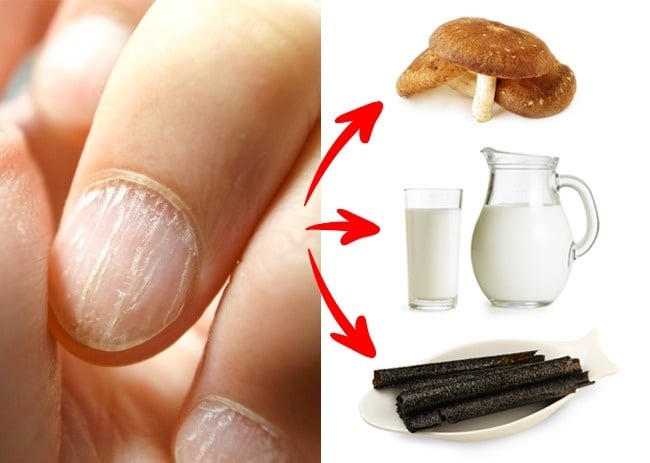
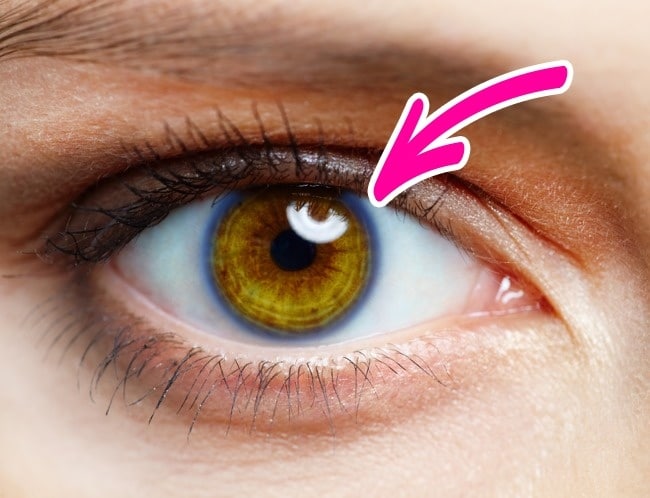
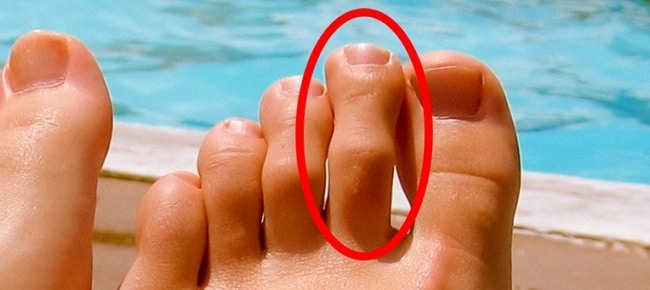
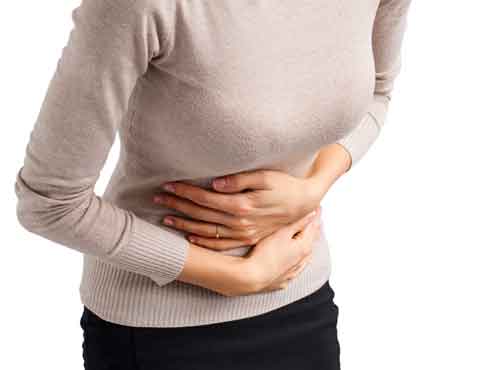
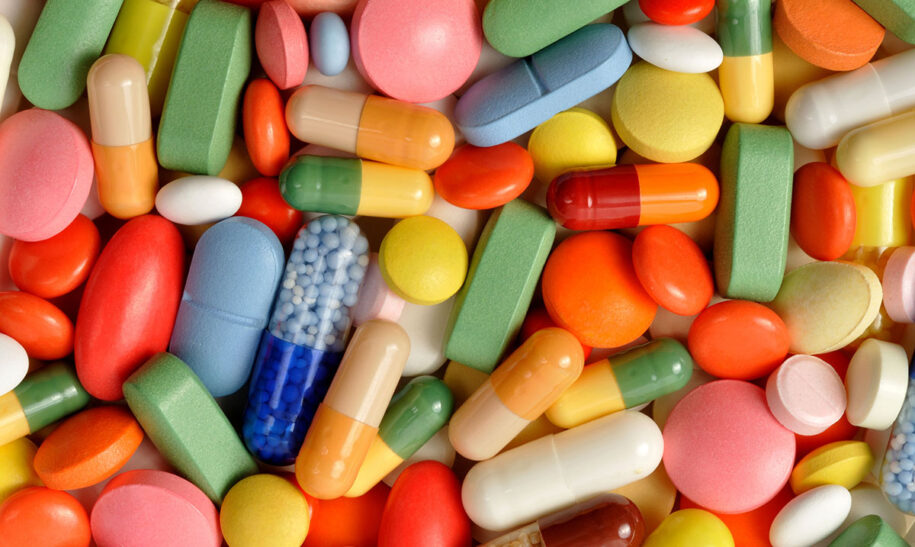
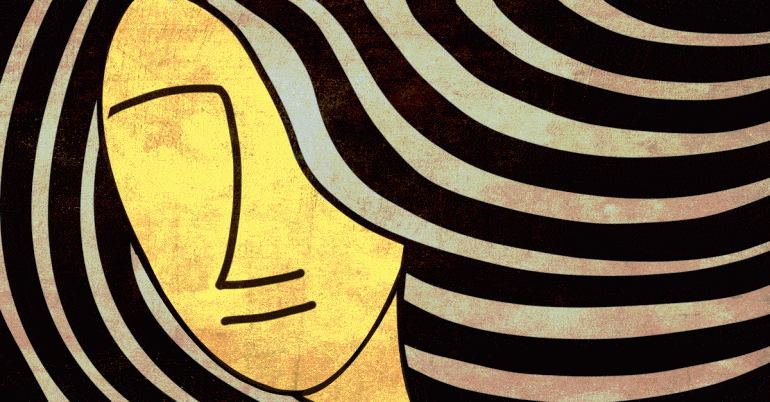
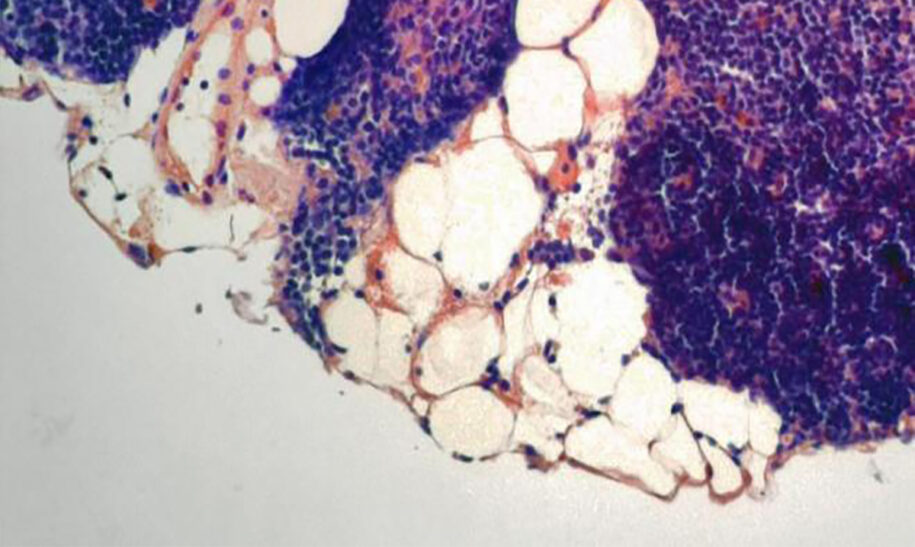
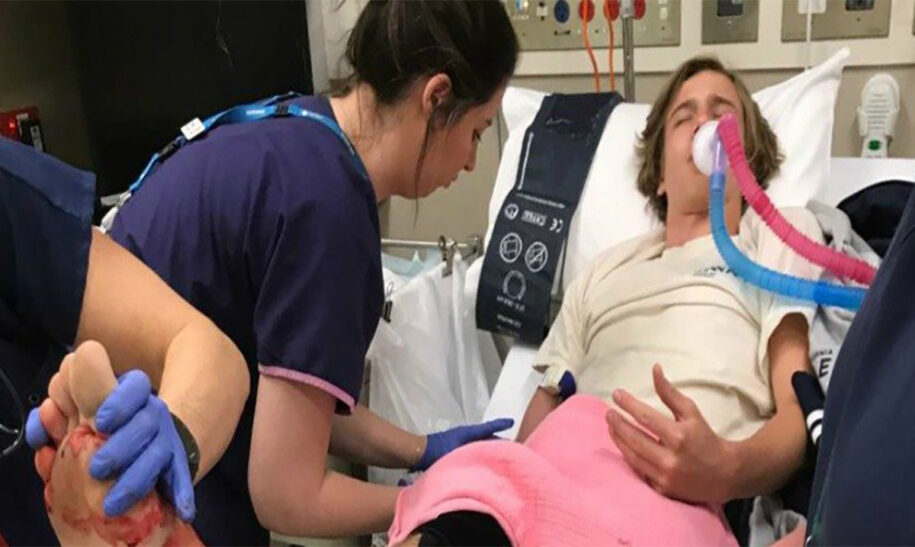
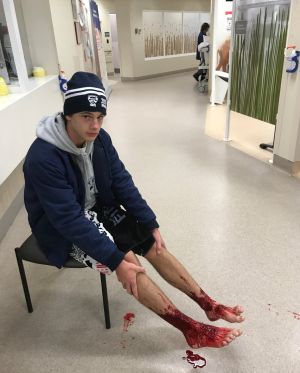 to ice his legs in the cold ocean water. Something anyone would perceive to be harmless, but he soon discovered he had made a tremendous mistake.
to ice his legs in the cold ocean water. Something anyone would perceive to be harmless, but he soon discovered he had made a tremendous mistake.